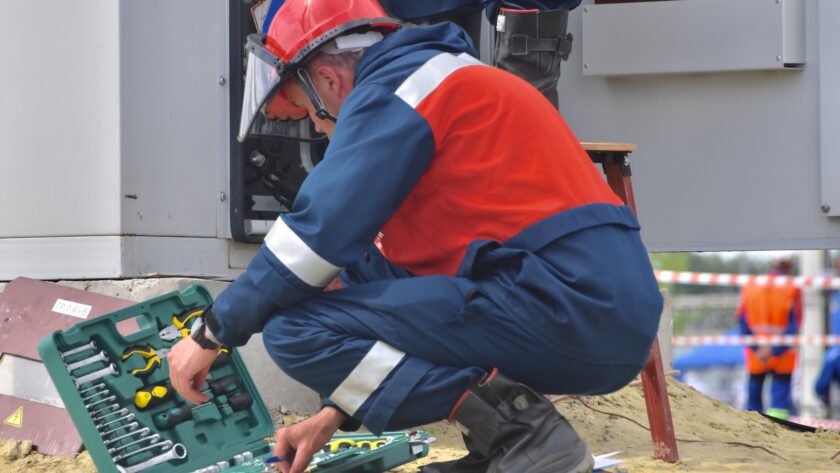Regular service is crucial for the proper functioning and long-term productivity of your home heating and cooling equipment. The service entails inspecting testing, and cleaning parts. The services offered by HVAC Albuquerque businesses keep your system from experiencing expensive breakdowns and increase lifespan. As much as 30% less energy is used as a result.
Maintaining Your HVAC System
Regular system maintenance is essential to keep it operating at optimal efficiency for as long as possible. Not only does it keep working effectively, but regular service also extends its lifespan. You may not realize it, but your HVAC system comprises many parts and components, and regular service can help you avoid many costly repairs.
Your overall operational costs will be reduced by maintenance. A monthly service plan is available for between $15 and $30. Usually, two tune-ups, cleaning, and system calibration are included in these plans. However, if you choose not to get the preventative service, you may pay more in the long run. The lack of regular maintenance can also lead to decreased air quality.
Reducing Energy Costs
Routine service can help you save money on utility bills and improve the comfort level in your home. It can also extend the life of your HVAC system. Following a regular maintenance schedule will greatly reduce the likelihood of expensive repairs and replacements. Just like when you get your car’s oil changed, regular maintenance can reduce your AC system’s risk of breakdown by up to 95%. In addition, regular service helps reduce your carbon footprint by improving indoor air quality.
The energy costs of your system account for about 40% of the overall energy usage in a typical U.S. home. To help reduce energy costs, you can consider upgrading your equipment. A new, high-performance system can reduce energy usage by up to 50%, especially if you have a gas furnace. You can also look into a retrofitting program focusing on energy-efficient HVAC equipment.
Minimizing Noise
Minimizing noise with regular service is an important part of maintaining the comfort level of your home or business. Unfortunately, the noise generated by HVAC systems can affect the quality of your home or business’s atmosphere and may lower your productivity. Fortunately, several methods are for minimizing noise and improving indoor air quality.
One of the most effective methods for minimizing noise is fences and plants. These barriers will help block noise that comes from your system. Some sound-absorbing materials, including vinyl, aluminum slats, and flower planter boxes. These materials will not only reduce noise but will also provide aesthetic benefits to your home. However, the enclosures must leave room for air circulation.
Keeping it Clean
Keeping your HVAC system clean can reduce your energy bill and protect your family’s health. Dust and dirt can accumulate in your air ducts and filters, reducing airflow and making your home less comfortable. Vacuuming dust from these areas can prevent a buildup that can damage your system.
A good rule of thumb is to change your air filters every 30 to 90 days. Dirty filters cause the system to work harder and use more energy than it needs to. Although changing filters every few months can seem expensive, a routine can save you money on energy bills.
Minimizing Airborne Pollutants
If you suffer from allergies, asthma, or other respiratory ailments, you need to know the importance of maintaining air quality inside your home or building. Airborne pollutants in buildings can be two to three times higher than outside levels. Over time, these contaminants can collect and be hard for you to breathe.
HVAC services can help you improve indoor air quality by reducing these pollutants. Service technicians are trained to keep your air filter clean and replace it when necessary. Clogged filters can affect the overall performance of your HVAC system, causing it to work harder and not trap as many pollutants as possible. A technician will check and replace your filter regularly, so make sure you schedule regular service appointments to ensure that your filters are clean. Changing filters at least once a month is ideal, and changing them three to four times a year is better.




